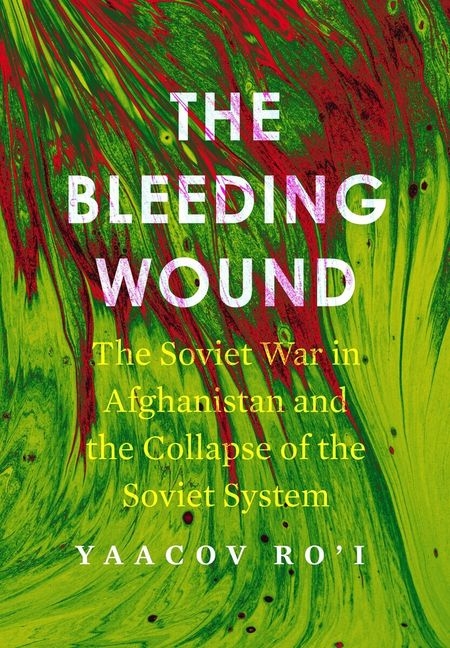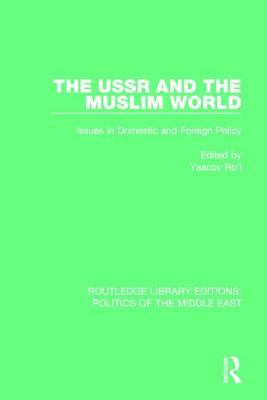
The Bleeding Wound: The Soviet War in Afghanistan and the Collapse of the Soviet System
By the mid-1980s, public opinion in the USSR had begun to turn against Soviet involvement in Afghanistan: the Soviet-Afghan War (1979-1989) had become a long, painful, and unwinnable conflict, one that Mikhail Gorbachev referred to as a "bleeding wound" in a 1986 speech. The eventual decision to withdraw Soviet troops from Afghanistan created a devastating ripple effect within Soviet society that, this book argues, became a major factor in the collapse of the Soviet Union.
| Quantity | Price | Discount |
|---|---|---|
| List Price | $65.00 |
Non-returnable discount pricing
$65.00
Book Information
| Publisher: | Stanford University Press |
|---|---|
| Publish Date: | 03/15/2022 |
| Pages: | 424 |
| ISBN-13: | 9781503628748 |
| ISBN-10: | 1503628744 |
| Language: | English |
Full Description
By the mid-1980s, public opinion in the USSR had begun to turn against Soviet involvement in Afghanistan: the Soviet-Afghan War (1979-1989) had become a long, painful, and unwinnable conflict, one that Mikhail Gorbachev referred to as a "bleeding wound" in a 1986 speech. The eventual decision to withdraw Soviet troops from Afghanistan created a devastating ripple effect within Soviet society that, this book argues, became a major factor in the collapse of the Soviet Union. In this comprehensive survey of the effects of the war on Soviet society and politics, Yaacov Ro'i analyzes the opinions of Soviet citizens on a host of issues connected with the war and documents the systemic change that would occur when Soviet leadership took public opinion into account. The war and the difficulties that the returning veterans faced undermined the self-esteem and prestige of the Soviet armed forces and provided ample ammunition for media correspondents who sought to challenge the norms of the Soviet system. Through extensive analysis of Soviet newspapers and interviews conducted with Soviet war veterans and regular citizens in the early 1990s, Ro'i argues that the effects of the war precipitated processes that would reveal the inbuilt limitations of the Soviet body politic and contribute to the dissolution of the USSR by 1991.


